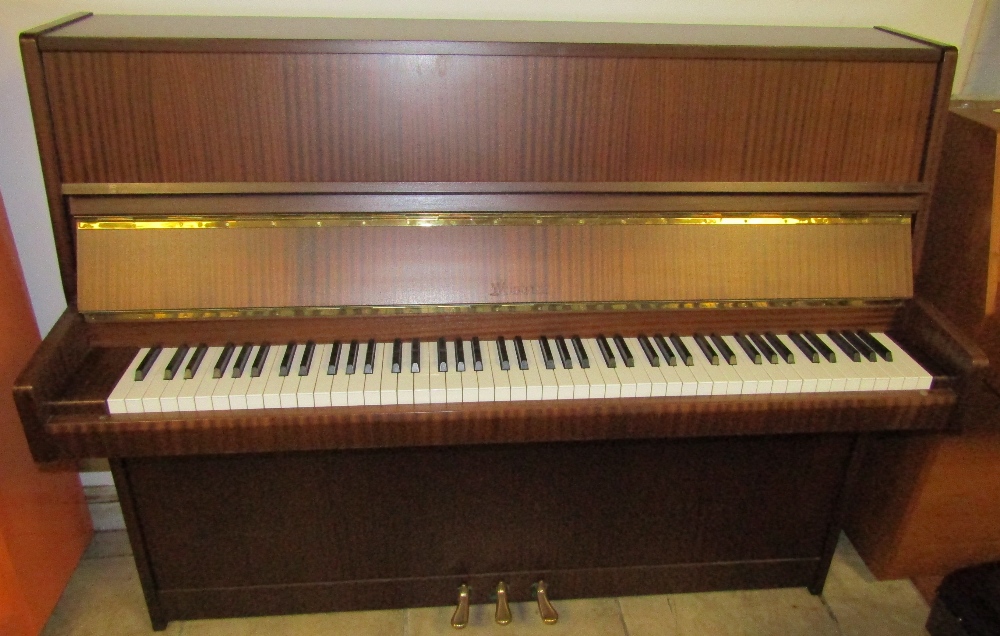

You need it to work, it needs to be even touch across its range, it needs to sound reasonably in tune when you see it (it shows the owner has made effort to keep it in good order) it needs to make a nice sound and if it looks the part as well, it may be a good piano to buy! Depending on the price of the piano, I would always recommend a technician like myself to visit the piano to assess its suitability and condition. I’m not saying you should spend a fortune, far from it, but at least be reasonable about what you are buying. You will be getting precisely what you paid for, a piano that is probably the most unsuitable for beginner instrument you can think of. I’m afraid I don’t hold with the ‘suitable for beginner’ purchase off of a well-known auction site for £1.

I would suggest you also need the best piano you can afford. So, the main things you need to bear in mind when buying an upright piano are Has it got an iron frame? Is it an overstrung piano? Has it got an underdamper system? Is it from a known manufacturer? Once these are ticked off you can move on to the next advice. The piano has been developed over 300 years to what it is today by trial and error and there are many types of instruments out there that were in the golden age of experimentation. There are different types of pianos in terms of their construction.


 0 kommentar(er)
0 kommentar(er)
